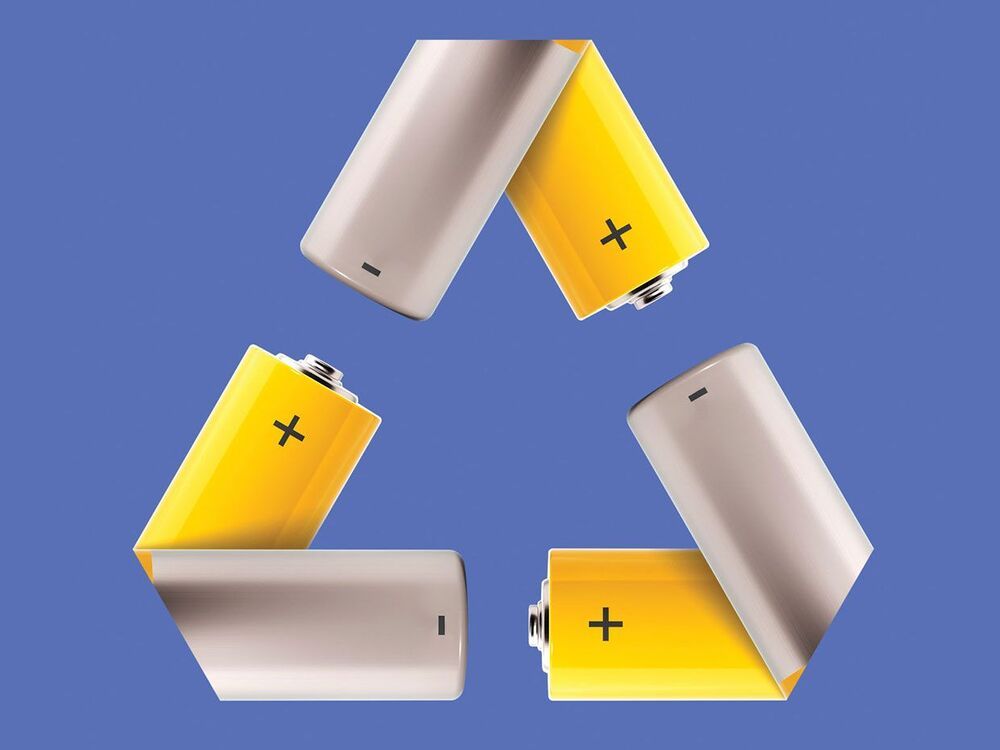https://www.youtube.com/watch?v=AUzAH_pVni4&feature=share
Moderator-Sharif Uddin Ahmed Rana (Ph. D. MBA) Malaysia.
President, World Talent Economy Forum (WTEF)
https://www.youtube.com/watch?v=AUzAH_pVni4&feature=share
Moderator-Sharif Uddin Ahmed Rana (Ph. D. MBA) Malaysia.
President, World Talent Economy Forum (WTEF)
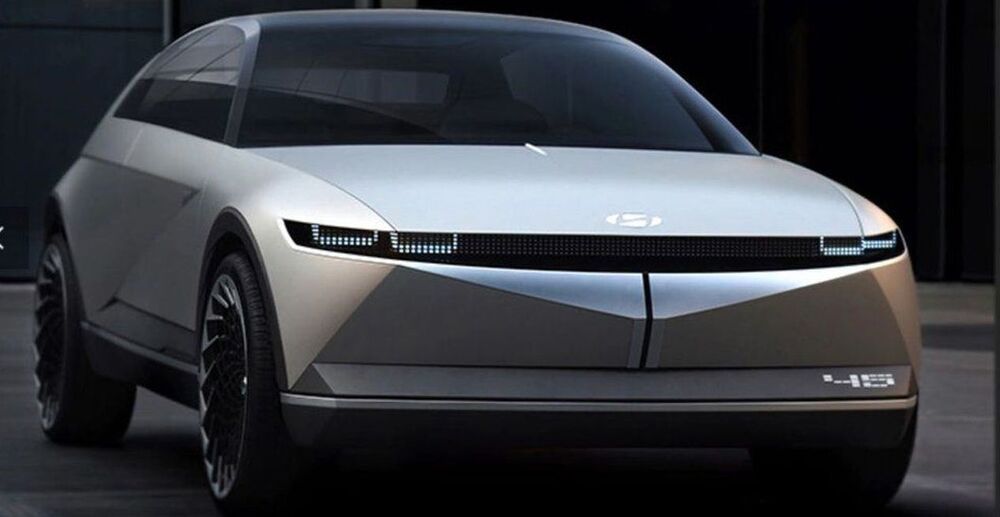
A collaboration on an Apple Car would be huge!
Hyundai has already produced successful electricity-powered cars. However, talks with Apple could allow Hyundai to become a leading player in the EV market.
Hyundai Motors, a South Korea business that produces a variety of technology, has already moved into the electric vehicle market alongside its competitors. With that said, it has not reached the heights of the industry leaders such as Tesla.
This looks set to change though, as the company mentioned it was in talks with Apple who are rumoured to be developing electric vehicles.
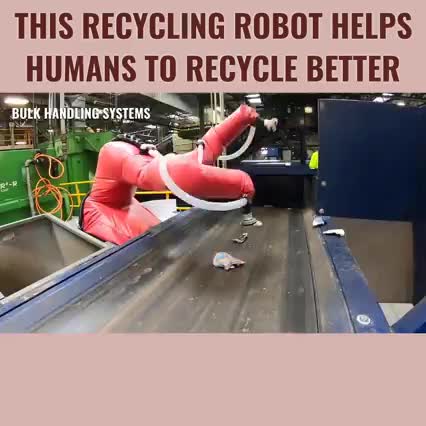
This robot helps with the sorting of trash for recycling through AI.
The Max-AI by Bulk Handling Systems (BHS) is a collaborative recycling robot that uses artificial intelligence and deep learning to help humans recycle more efficiently and reliably. (More info: https://youtu.be/z_TBFRnzIiw)

Executive director & co-founder of kiss the ground, and producer of kiss the ground the movie, discussing regenerative agriculture for planetary regeneration.
Ryland Engelhart, is Executive Director & Co-Founder of Kiss The Ground (https://kisstheground.com/), a non-profit organization dedicated to planetary regeneration, and is the producer of Kiss The Ground, the Movie, recently released on Netflix.
Mr. Engelhart has spent the last 15 years as an entrepreneur working in hospitality and building a family business of organic, plant-based restaurants called Cafe Gratitude and Gracias Madre, located in Southern California.
He is also a co-creator of the award-winning, documentary film, “May I Be Frank” on the transformational aspects of a vegan lifestyle.
Mr. Engelhardt is a public speaker and community organizer and works to inspire more love & gratitude in his organizational culture and culture at large. He speaks on the topics of sacred commerce, gratitude, love as an inside job, 10 tools for building community, and planetary regeneration, and is the host of Kiss the Ground’s “We Can Do This Podcast”.
Mr. Engelhardt is also a husband and father and lives on a 17-acre regenerative farm in Fillmore, CA where he learns to practice what he preaches.

Like.
Flying cars are fine — but why use a car when you can have a motorcycle instead? YC-backed startup JetPack Aviation wants to answer that question with the world’s first flying motorcycle, a personal aircraft dubbed “The Speeder,” a name that Star Wars fans will surely appreciate. Now, JetPack has raised a seed round of $2 million from investors indulging Draper Associates, Skype co-founder Jaan Tallinn, YC, Cathexis Ventures and a group of angels that it says will fund the development of the Speeder’s first functional prototype.
Back in March, JetPack revealed its plans for the Speeder, which it says will provide a fully stabilized ride that’s either pilot-controlled or fully autonomous. It can take off and land vertically, and reach top speeds of potentially over 400 MPH. There are no exposed rotors systems, which make it a lot safer and easier to operate than a lot of other VTOL designs and helicopters, and the company says it can also be refueled in less than 5 minutes, which is a dramatically shorter turnaround time for powering up versus an electric vehicle.
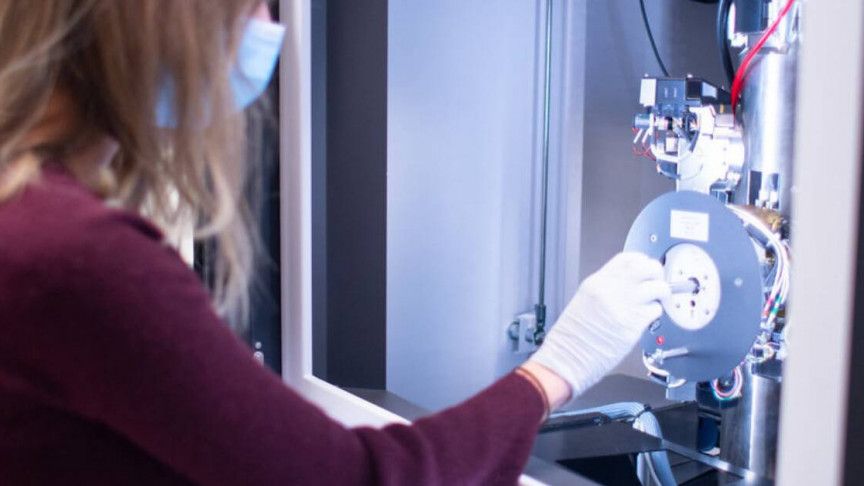
“Reverse osmosis membranes are widely used for cleaning water, but there’s still a lot we don’t know about them,” said in a statement Manish Kumar, an associate professor in the Department of Civil, Architectural and Environmental Engineering at UT Austin, who co-led the research. “We couldn’t really say how water moves through them, so all the improvements over the past 40 years have essentially been done in the dark.”
The researchers discovered that the problem with desalination membranes was that they were inconsistent in density and mass distribution. By giving the membranes a uniform density at the nanoscale, they were able to improve their performance.
The researchers’ new membranes are 30% to 40% more efficient, requiring less energy to clean more water. Although more efficient than non-membrane desalination processes, reverse osmosis membranes still use plenty of energy, a problematic aspect the researchers are working on.

Polaron formation in perovskite solar cells has been indicated in scientific research as a possible factor for making this kind of cell particularly efficient, although the mechanism behind polarons’ action is completely unknown. A U.S. research group has now observed how polaron distortions form and grow.

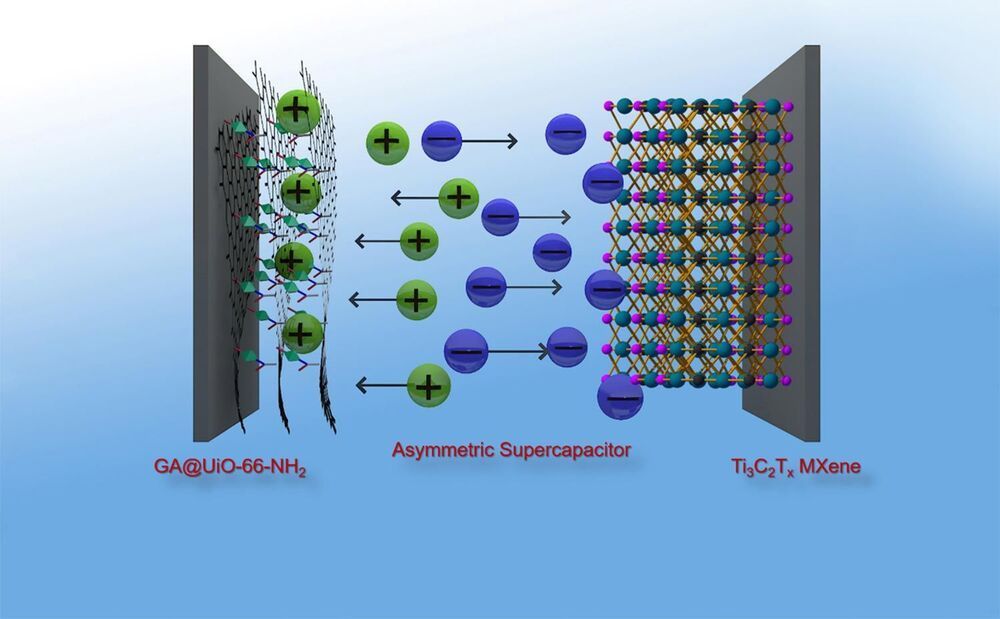
A team working with Roland Fischer, Professor of Inorganic and Metal-Organic Chemistry at the Technical University Munich (TUM) has developed a highly efficient supercapacitor. The basis of the energy storage device is a novel, powerful and also sustainable graphene hybrid material that has comparable performance data to currently utilized batteries.
Usually, energy storage is associated with batteries and accumulators that provide energy for electronic devices. However, in laptops, cameras, cellphones or vehicles, so-called supercapacitors are increasingly installed these days.
Unlike batteries they can quickly store large amounts of energy and put it out just as fast. If, for instance, a train brakes when entering the station, supercapacitors are storing the energy and provide it again when the train needs a lot of energy very quickly while starting up.
